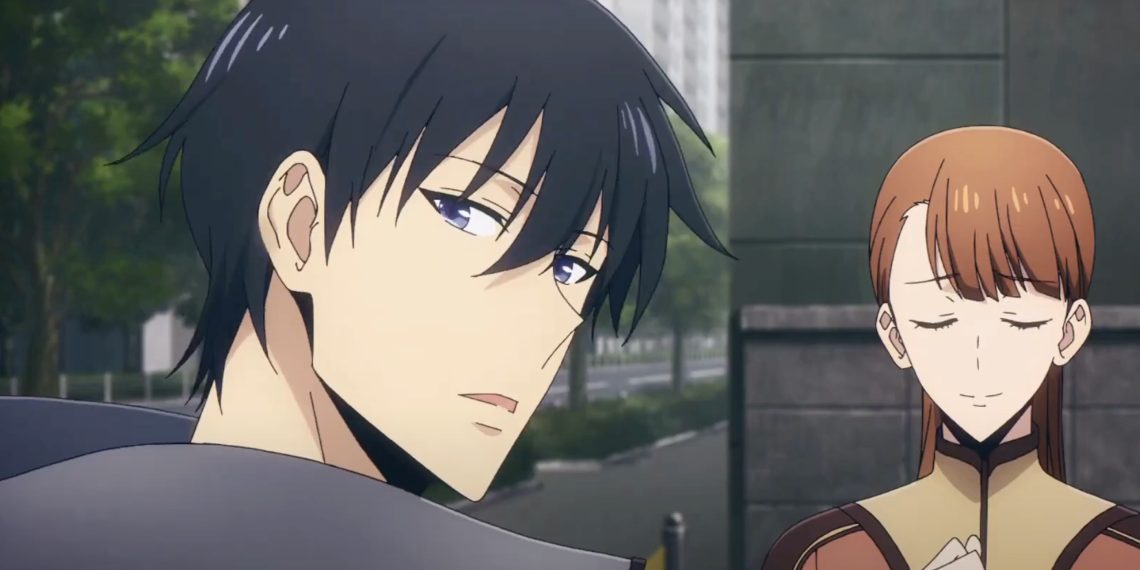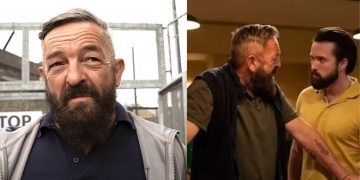The latest episode of Solo Leveling has reignited the audience’s love for the series, reminiscent of the excitement from its early episodes. Sung Jinwoo, the series’ protagonist, showcased his prowess once again as he effortlessly conquered yet another dungeon. However, recent revelations suggest that there may be more to the story than meets the eye.
While Solo Leveling’s anime adaptation has been thrilling fans, it appears that there are some deviations from the original manhwa. Astute fans of the manhwa quickly noticed these differences, prompting discussions within the community.
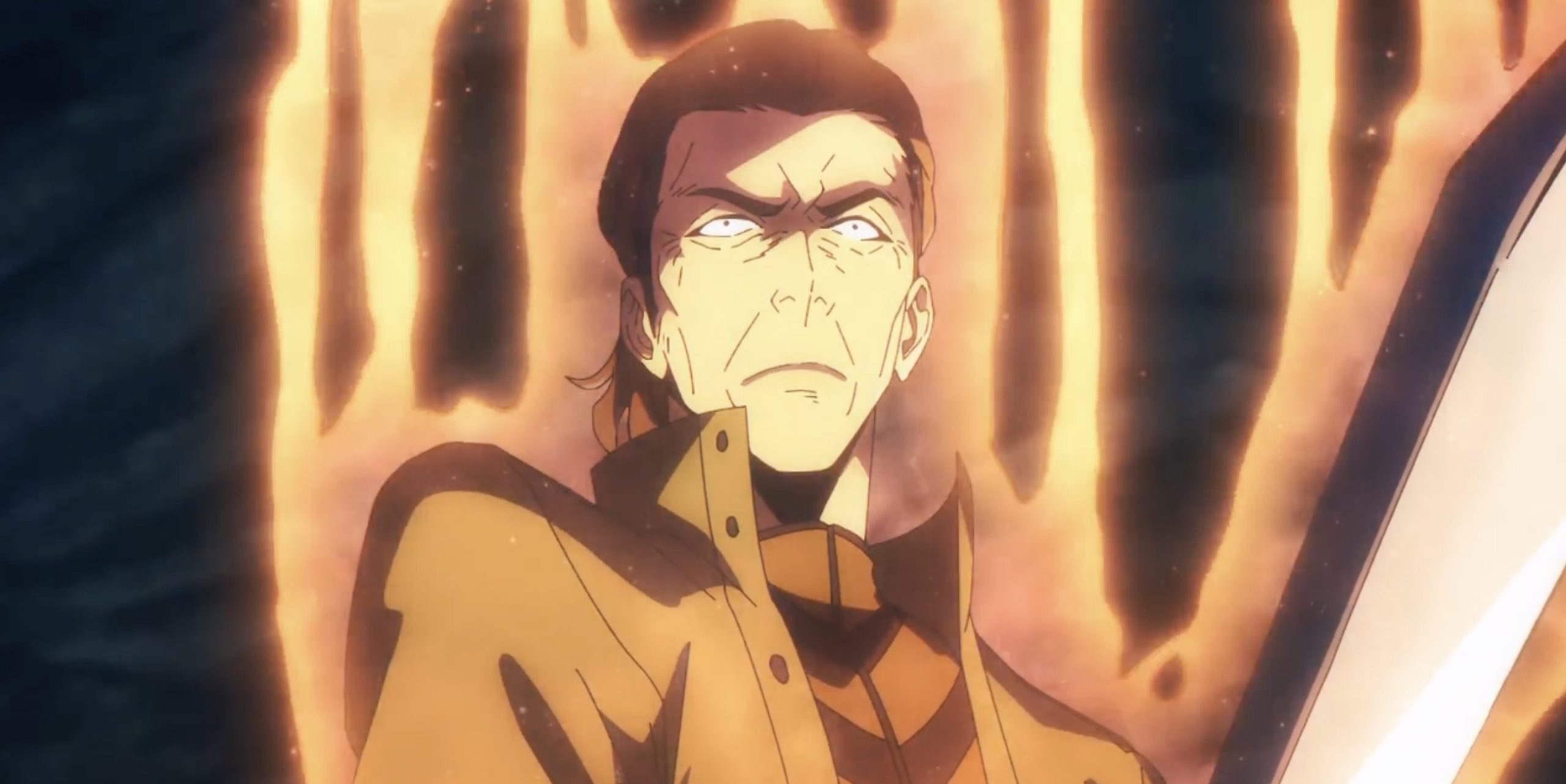
Yet, there’s a rationale behind these alterations.
The producer and director of Solo Leveling, featured on Crunchyroll, shed light on the production process and the challenges of adapting the beloved manhwa and webtoon series. Amidst these insights, they elucidated the necessity of implementing significant changes within the anime adaptation.
These discussions provide valuable context for fans, offering a glimpse into the creative decisions driving the adaptation process. As Solo Leveling continues to amaze audiences, understanding the rationale behind these changes adds depth to the viewing experience.
Inside Solo Leveling’s Anime Adaptation: Challenges, Collaboration, and Creative Decisions
Crunchyroll recently released a new two-part documentary titled “The Leveling of Solo Leveling,” going into the journey of A-1 Pictures’ groundbreaking success, Solo Leveling.
The series traces the evolution of the Solo Leveling franchise, from its origins as a manhwa in Korea to its transition into a webtoon and finally its adaptation into an animated series.
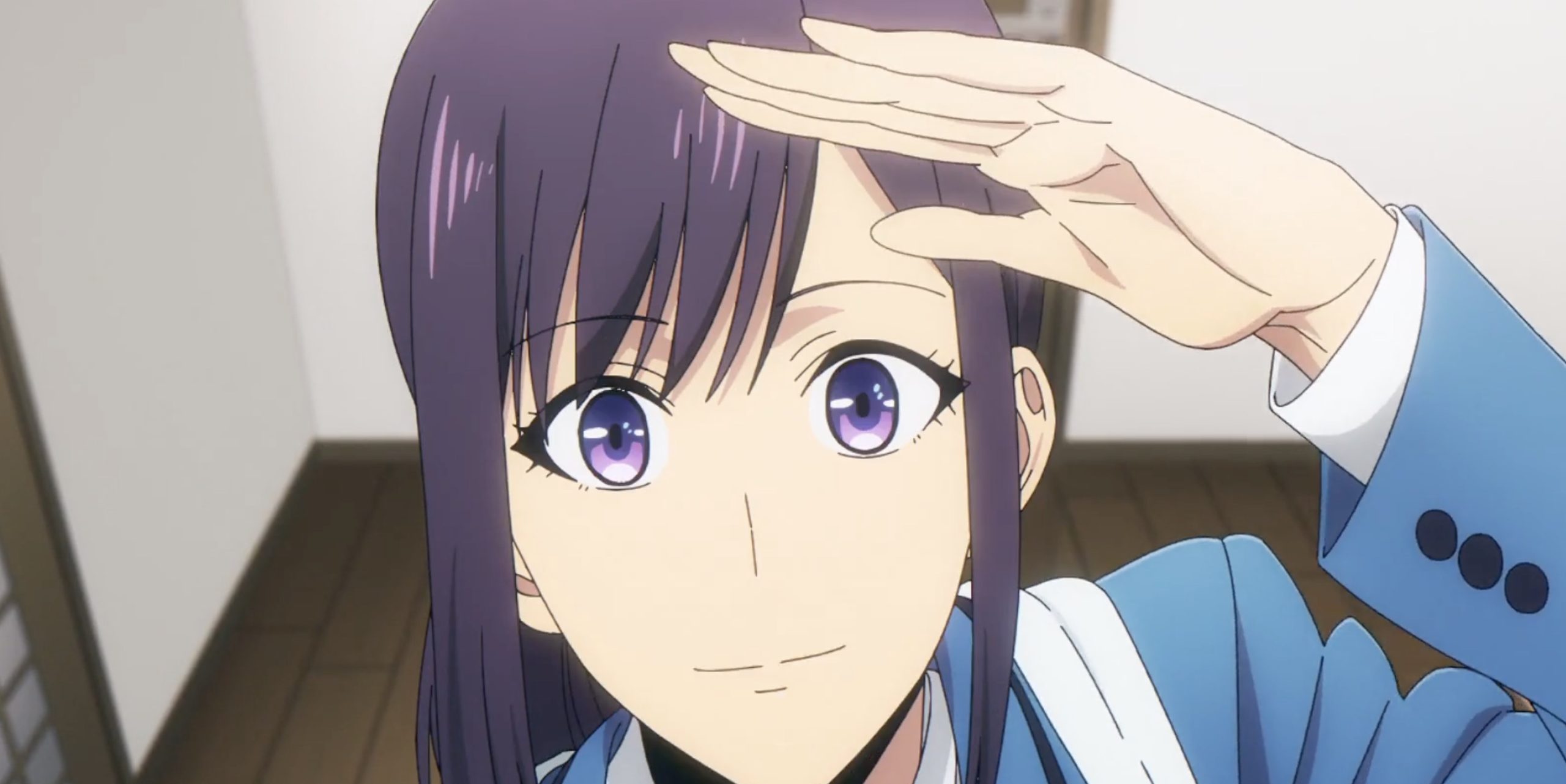
In the second episode of the documentary, Producer Sota Furuhashi discussed the challenges of adapting a webtoon into an anime.
Furuhashi highlighted the primary difference between the pace of storytelling in webtoons compared to anime. Adapting a webtoon, he noted, posed a significant hurdle due to its faster narrative pace.
To address this challenge, the team opted to enrich the story by adding supplementary content to ensure a cohesive adaptation.
Director Shunsuke Nakashige echoed Furuhashi’s sentiments, emphasizing the unique difficulties of translating the brisk and energetic pace of the Solo Leveling manhwa into a twenty-minute animated episode.
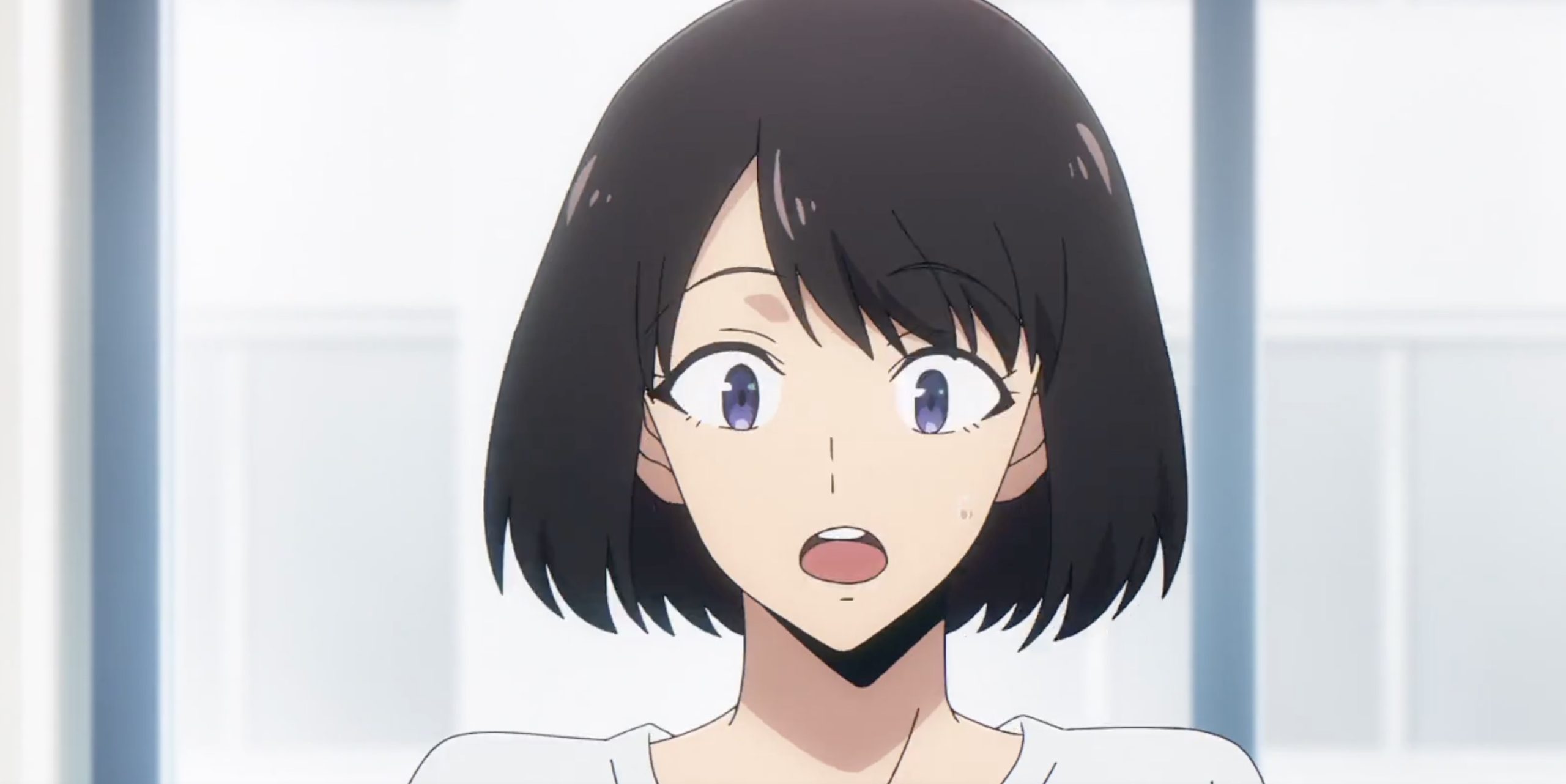
He stressed the importance of maintaining a balanced rhythm, incorporating both peaks and valleys in the narrative flow. This necessitated careful consideration regarding what elements to include or omit during the adaptation process.
Nakashige also revealed his collaboration with the original author, Chugong, and D&C Media, underscoring the importance of their involvement in the production.
The documentary disclosed that production commenced in 2020, with every decision made in consultation with D&C Media.
Consequently, any changes made to the adaptation were approved by Chugong, ensuring alignment with the vision of the Solo Leveling series and maintaining authenticity for the fans.

